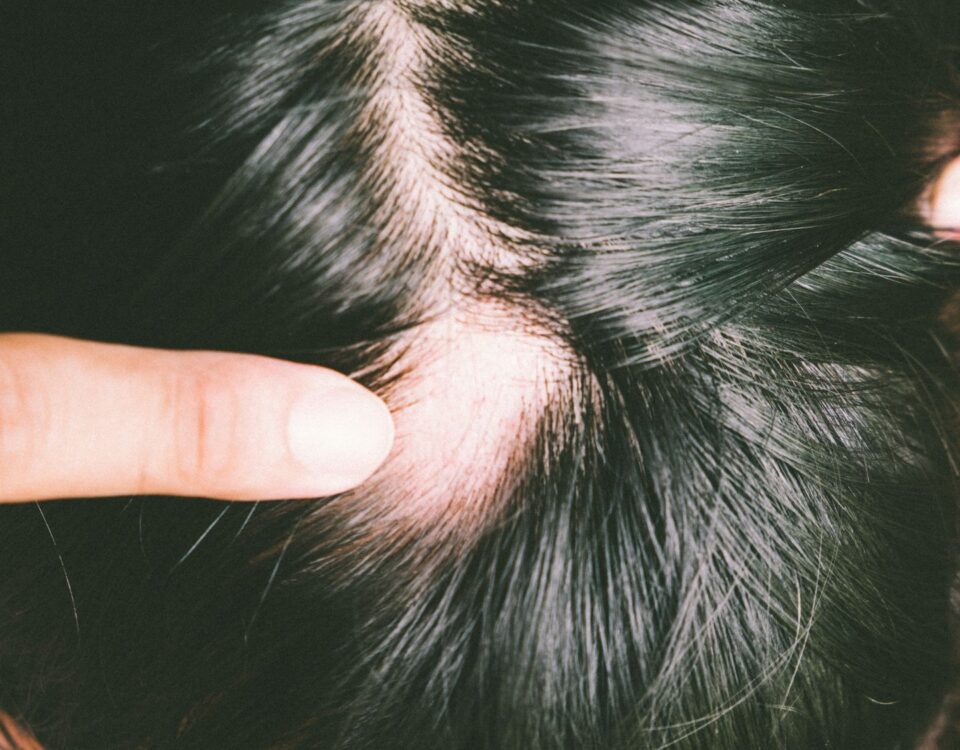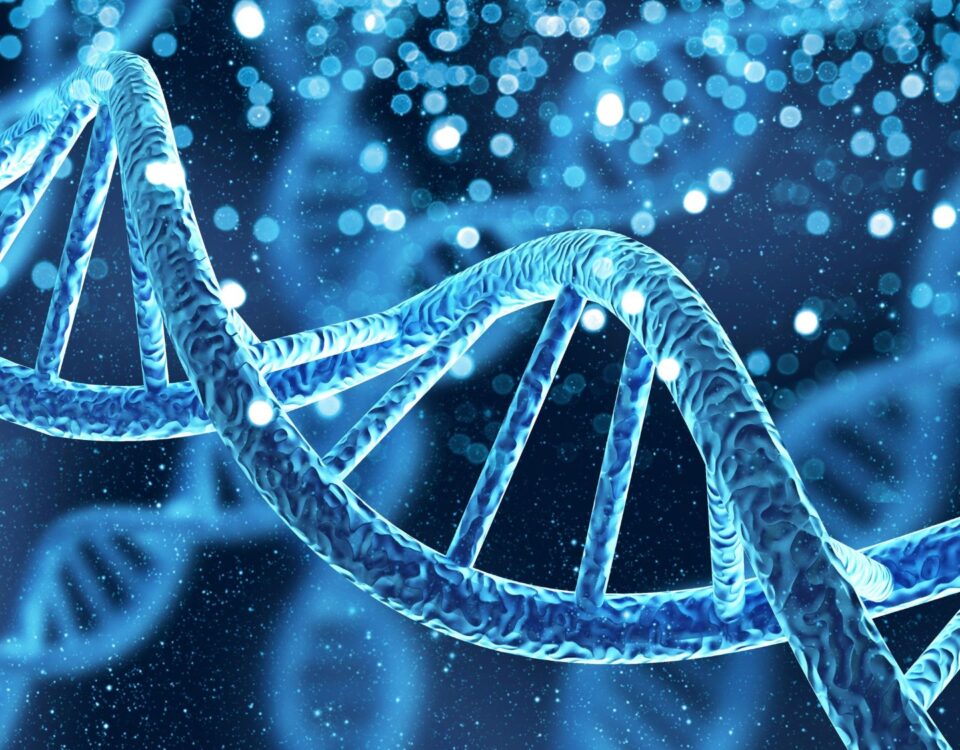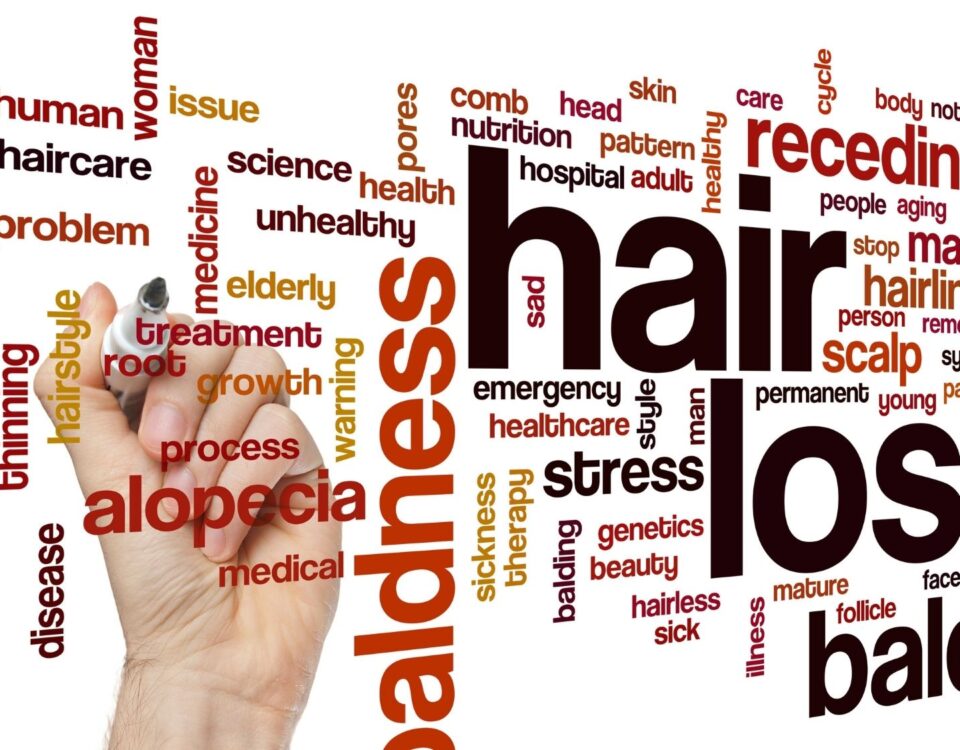
Is Hair Loss a Sign of Cancer?
April 15, 2024
Can Hair Loss from Stress Grow Back?
April 15, 2024Chemotherapy, a common treatment for cancer, is known for its side effects, one of the most noticeable being hair loss. This article explores why chemotherapy causes hair loss, the emotional impact it can have, and the coping strategies available to those experiencing it.
How Chemotherapy works
Chemotherapy works by targeting and killing rapidly dividing cells, including cancer cells. The treatment is designed to halt the growth of cancer cells, which divide and grow at an accelerated rate compared to healthy cells. Unfortunately, the drugs used in chemotherapy do not differentiate between cancer cells and other rapidly dividing cells in the body. This means that healthy cells, such as those in the hair follicles, can also be affected, leading to hair loss.
Impact on Hair Follicles
Hair follicles, the structures in the skin from which hair grows, have a high rate of cell division. This makes them particularly vulnerable to the effects of chemotherapy. When chemotherapy drugs disrupt the cell division process in hair follicles, it can result in weakened hair shafts, thinning, and ultimately, hair loss.
Different Chemotherapy Drugs Have Varying Effects
Not all chemotherapy drugs cause hair loss. The likelihood and extent of hair loss depend on the specific drugs used, their dosage, and the duration of treatment. Some drugs cause minimal hair thinning, while others may lead to complete hair loss. It’s important to discuss these potential side effects with your healthcare provider to understand what to expect from your specific treatment plan.
Hair Loss Patterns
Hair loss due to chemotherapy typically occurs gradually, starting a few weeks after treatment begins. It commonly affects the scalp but can also extend to other body hair, including eyebrows, eyelashes, and pubic hair. Although distressing, it’s important to remember that hair loss from chemotherapy is usually temporary, with hair regrowth beginning several weeks to months after treatment ends.
Emotional Impact and Coping Strategies
Hair loss resulting from chemotherapy can have a profound emotional impact. It’s a visible sign of the illness and treatment, which can affect self-esteem and body image. It’s essential to provide support, education, and resources to help individuals cope with these changes. Options such as scalp cooling devices, wigs, scarves, and counselling can aid in managing the emotional challenges associated with chemotherapy-induced hair loss.
In conclusion, understanding why hair loss occurs during chemotherapy, acknowledging its emotional impact, and exploring available coping strategies can help individuals navigate this challenging side effect of cancer treatment.




